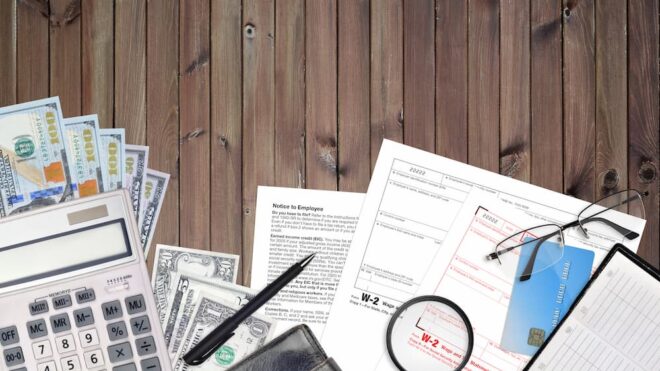The only thing better than taking tax deductions for your business expenses
is feeling confident that you get to keep them if the IRS comes knocking.
Card Statement Trap!
Most people understand they need to keep the receipt of an invoice related
to a purchase if they pay by check or cash. But nowadays, most purchases are
done by credit or debit card. Your credit card or bank statement is not
enough proof – even if the credit card statement is a business credit card!
After all, those statements do not show what you actually purchased. And the
IRS will want to know if that purchase from Best Buy was really for printer
ink and not a video game. We have seen the IRS refuse to accept deductions
where the only proof is the credit card statement. The IRS does accept
scanned receipts as sufficient documentation – so scan those receipts as you
get them!
Document Personal Expenditures for Business Expenses
We all know that we should have a separate business bank account and
separate business credit card. But, sometimes we do pay business expenses
with personal funds. When you use a personal account for a business purpose
make sure that you have plenty of documentation – the receipt, with notes.
You can never have too much documentation.
No Fees For You on a Personal Credit Card
Rather than getting a separate business credit card, some business owners
use a personal credit card as if it were a business card – meaning that they
do not use the card for any personal purchases. However, it is important to
know that even though 100% of the purchases on this card are for business,
you will not be allowed to deduct any fees, interest or finance charges on
your business tax return. These are all considered personal expenses. You
can deduct the appropriate purchased items, but that is all.
Careful With Your Travel Expenses
An area where the IRS has a “keen interest” is travel expenses – including
mileage reimbursement. It is important to keep lodging and meal receipts
(noting who you met with, purpose of the meeting). As for mileage, the IRS
will be looking for contemporaneous proof – mileage recorded for each trip.
Annual totals will not suffice. Our smartphones are our friend now – there
are multiple mileage apps and expense trackers to help us out. Business
owners frequently lose deductions for expenses not because they don’t have a
receipt but because they are unable to show that the expenses was for their
business and not for personal pleasure.
Hold on to Your Records
How long to keep receipts? For most supporting documentation, the suggested
time frame is 7 years from the date you filed your business tax return. For
larger purchases, receipts should be kept until the asset is disposed of.
Business expenses pile up, and maintaining a good system to keep and
organize receipts and other proof of deductibility is critical. Do you have
a question about an expense? Contact us to set up a consultation.

